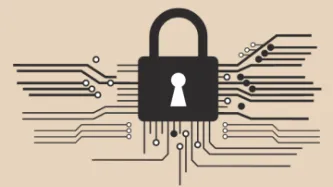Search
Content type: News & Analysis
Today’s announcement regarding the UK and US agreement signed pursuant to the US CLOUD Act is being touted on both sides of the Atlantic as a major victory for law enforcement and security. But it is a step backward for privacy.
And it’s far more complicated than their press release and letter to industry.
The agreement replaces the prior system, under which law enforcement agencies from around the world, including the UK, had to meet US legal standards in order to get access to content held…
Content type: News & Analysis
Privacy International has joined a global coalition of privacy campaigners, tech companies, and technology experts to respond to proposals by British intelligence chiefs aimed at allowing them access to encrypted messaging apps such as WhatsApp or Signal.
If implemented, the proposals would allow government authorities to force messaging platforms to silently add a law enforcement participant to a group chat or call.
Such a capability poses serious threats to…
Content type: Examples
In February 2019 Google engineers announced that they had created faster, more efficient encryption system that could function on less-expensive Android phones that were too low-powered to implement existing full-device encryption. The scheme, known as Adiantum, uses established and well-vetted encryption tools and principles. Android has required smartphones to support encryption since 2015's version 6, but low-end devices were exempt because of the performance hit. It will now be up to device…


